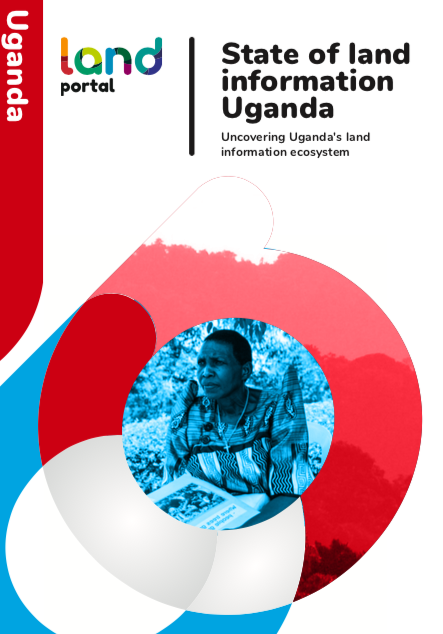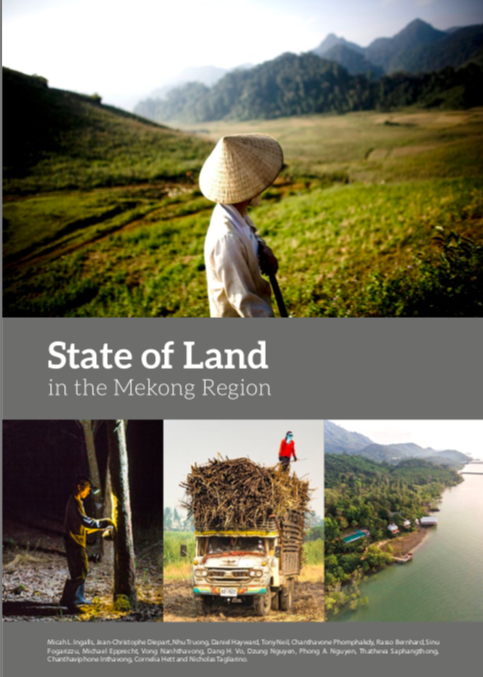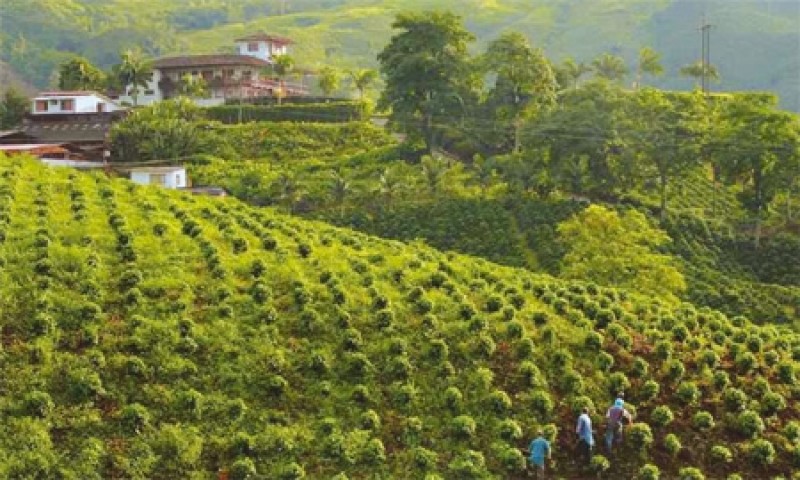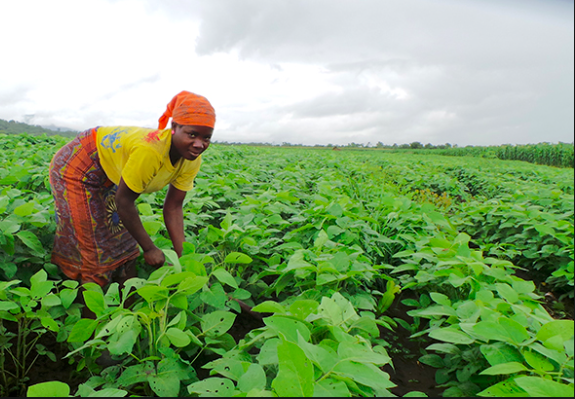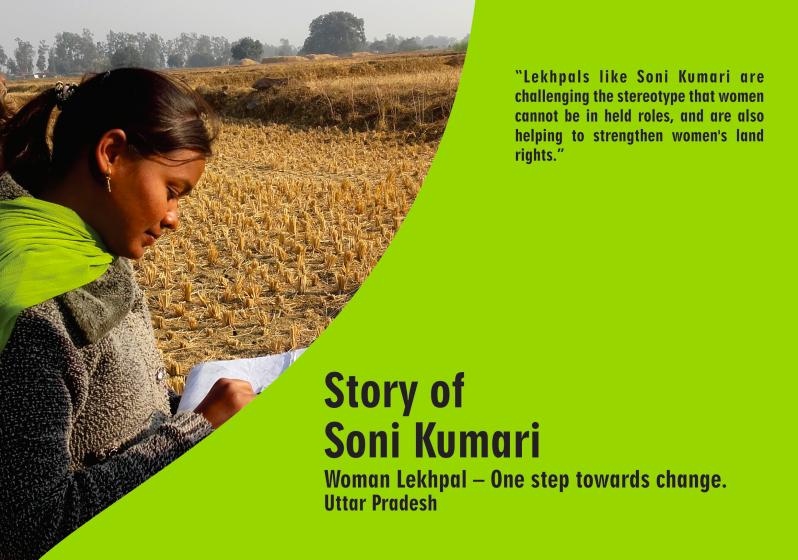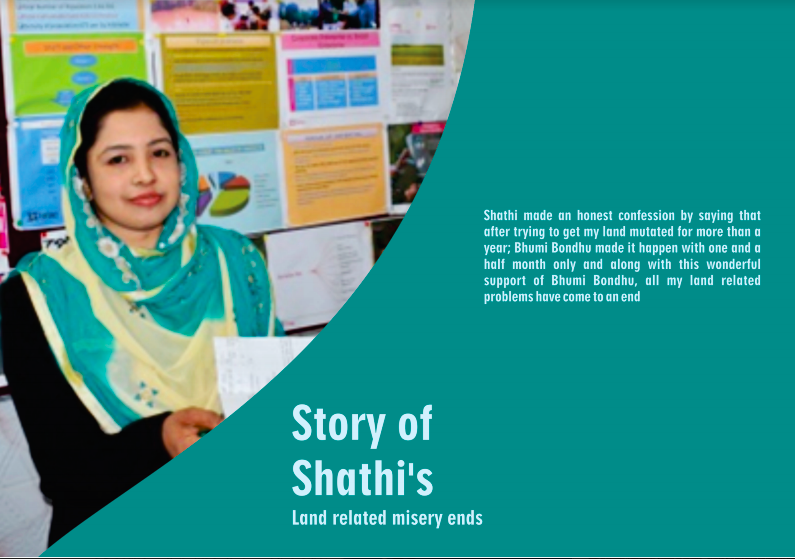
Topics and Regions
Details
Location
Contributions
Displaying 271 - 280 of 406Launching the State of Land Information: Uncovering the Information Ecosystem
There is no doubt that we are living in the era of information. Availability of accurate and up to date information, including data, is critical to planning and management, for transparency and accountability. It can help inform learning and scale up good practices, as well as implementing policy, especially when it comes to land. While it is an often-repeated rhetoric that there is a lack of land data, the reality is slightly more nuanced than this.
State of Land Information Uganda: Uncovering Uganda's Land Information Ecosystem
Availability of accurate and up to date data and information on land and different land uses, such as agriculture, forestry, mining, wildlife, water, housing and infrastructure, is critical to effective land governance and crucial for planning and managing the use of land and land-based resources. Public institutions and the government need land data and information for appropriate and timely decision- making; while land users, the general public and other stakeholders need it to effectively monitor and influence those decisions.
Women in Half the World Still Denied Land, Property Rights Despite Laws Global campaign “Stand For Her Land” aims to bridge gap between law and practice so that women can realize their equal rights to land
WASHINGTON, March 25, 2019 – Women in half of the countries in the world are unable to assert equal land and property rights despite legal protections, warned members of a new global campaign that formally launches today. The campaign, Stand For Her Land, aims to close this persistent gap between law and practice worldwide so that
Mekong Region: scientific report shows urgent need for transformation
The report “State of Land in the Mekong Region” was launched today in Vientiane, Lao PDR. The first publication of its kind in the Mekong Region, it brings together key data and information on the current status of, and changes in, land resources, their social distribution, and the conditions of governance that shape them. The report stresses the need for urgent action towards transformational change. It was co-produced by the Centre for Development and Environment (CDE) of the University of Bern and the Mekong Region Land Governance Project (MRLG).
State of Land in the Mekong Region Photo Story
Objectives of this photo story are to collate updated data and information to identify and describe key issues and processes revolving around land in the Mekong region and to provide a basis for constructive dialogue and collaborative decision-making with different actors to address these issues.
State of Land in the Mekong Region
The Mekong region has undergone rapid socio-economic growth over the past two decades alongside pronounced transformations in a number of key sectors and relations between the rural majority and increasingly-aff
Meet Yolanda Garcia Loango
Yolanda is an Afro-Colombian who has dedicated her life to preserving the culture and environment of the Guapi region of Colombia on the Pacific coast.
As an internationally recognized activist and community leader, Yolanda has founded and lead a number of advocacy organizations including Aso Manos Negra, a feminist association that works to promote environmental sustainability and women’s land rights in the Pacific region of Colombia.
Can the technological revolution prompt a land rights revolution: Mozambican land rights defenders are ready to find out
In Mozambique, like in so many other parts of the world, a quiet land rights revolution is brewing, ready as ever to emerge. The end of a brutal civil war, which lasted sixteen years and ended in 1992, brought about a period of national reconstruction, with progressive reforms taking place to protect land rights and encourage rural investment.
Woman Lekhpal – One step towards change
Inadequate laws and policies, patriarchal mindsets, an unwelcoming system, lack of mobility due to traditional patriarchal norms, anda dearth of information about laws, are just some of the main reasons for the uneven distribution, ownership and control of land for women. Furthermore, women’s participation and access to public forums in this context is limited, at best, whether it is in their own village, panchayat, block, tehsil or district. In Uttar Pradesh, the Revenue Department is often occupied in large part, if not entirely, by men.
Shathi’s land related misery ends
Shathi, daughter of Md Abdul Razzak, lives in the village of Hatiyadah located in the sub district of Singra within the larger Natore district. Her dream was to support the poor after finishing her studies, helping them and taking care of them. Although she herself was born into a poor family, with her strong will, merit and hard work, Shathi completed her graduation and joined BRAC Microfinance’s Hatiyadah Office.


